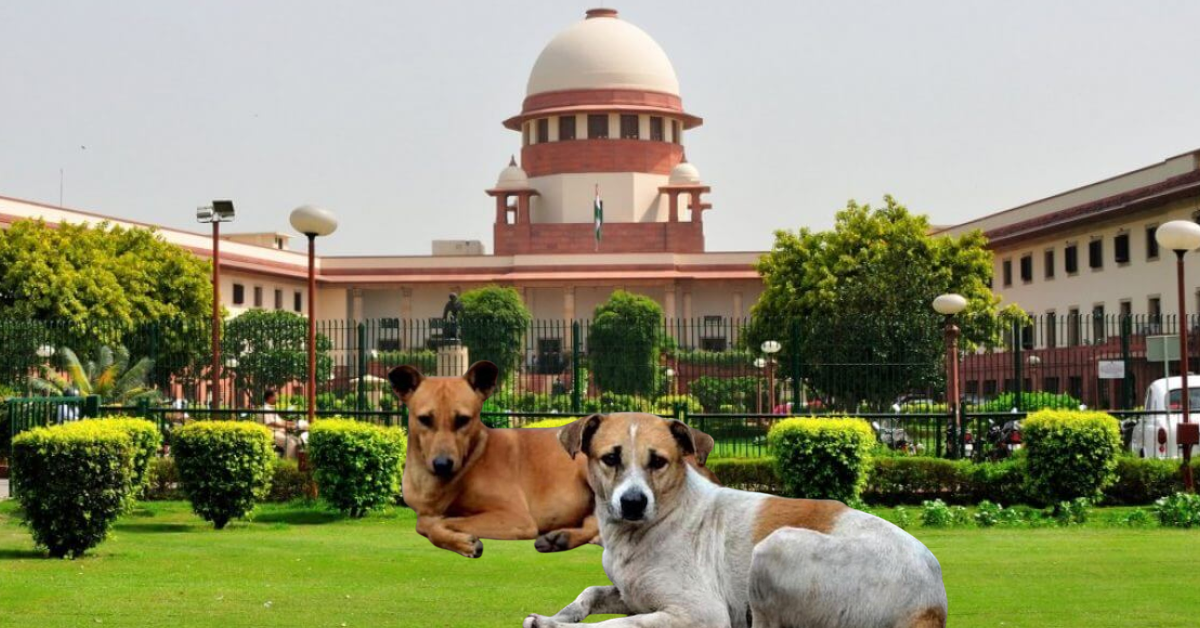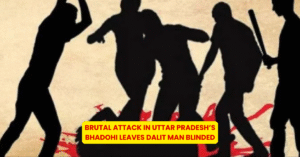New Delhi — The Supreme Court has formed a fresh three-judge bench to take up a case that could shape India’s approach to stray dog management for years to come. The hearing, set for August 14, will address growing concerns over frequent stray dog attacks and how to balance animal welfare with public safety.
The case comes in the wake of multiple reports from across the country of children and adults being attacked, sparking calls for urgent judicial intervention. At its heart, the matter raises difficult questions: Are municipal authorities doing enough to control the stray dog population through humane methods? And are existing laws strong enough — and enforced well enough — to protect both people and animals?
Background and Petitions
Petitioners say the core problem lies in the poor implementation of the Animal Birth Control (ABC) Rules, which require sterilization and vaccination of stray dogs. They argue that ineffective and inconsistent programs have allowed the population to grow unchecked, leading to more bites, more attacks, and higher risks of rabies.
On the other side, animal rights groups stress that the Prevention of Cruelty to Animals Act prohibits killing stray animals, calling instead for better execution of sterilization and vaccination drives. They warn that culling is both illegal and inhumane, and say the real solution is more funding, more trained personnel, and stricter compliance with ABC guidelines.
The Legal Context
The case will require the bench to interpret two key legal frameworks: the Prevention of Cruelty to Animals Act, 1960, and the Animal Birth Control Rules, 2001. Both place sterilization and vaccination at the heart of stray dog population control, while ruling out killing as an option.
While earlier court orders have reinforced this approach, actual enforcement varies sharply from one state to another. The Supreme Court is now expected to examine whether these laws and rules are still adequate or whether they need updating to address the scale of today’s challenges.
What’s at Stake
The judges are likely to explore several pressing issues — from the role and accountability of local bodies, to funding for ABC programs, to protocols for managing aggressive or rabid dogs. Public health experts have reminded the court that rabies remains a major threat in India, with stray dog bites as a leading cause. They are urging a coordinated response between health departments and municipal authorities.
Animal welfare advocates, public safety groups, and government agencies will all be watching closely. The court’s eventual ruling could reshape policies on how India deals with its millions of stray dogs — a decision that will affect lives, human and canine alike.






